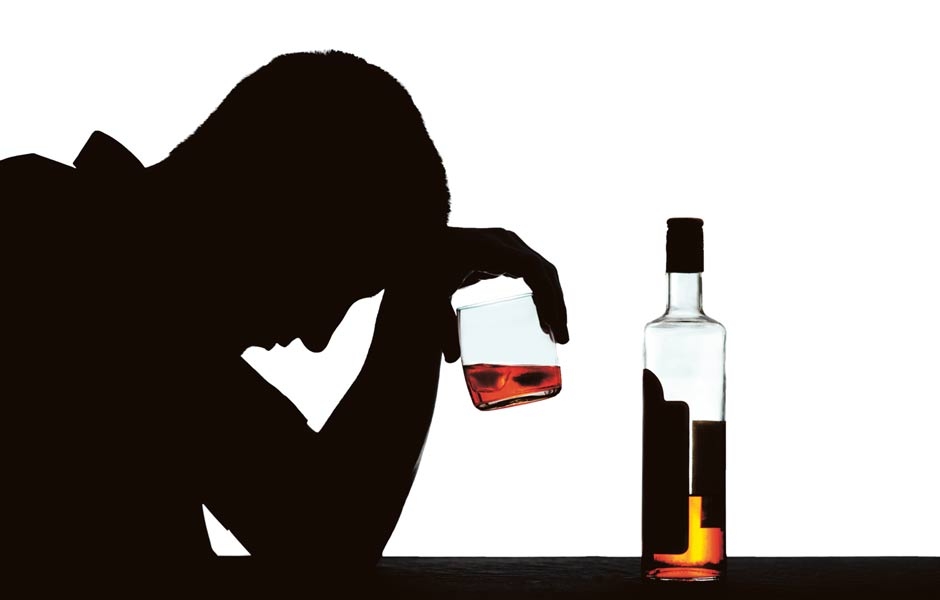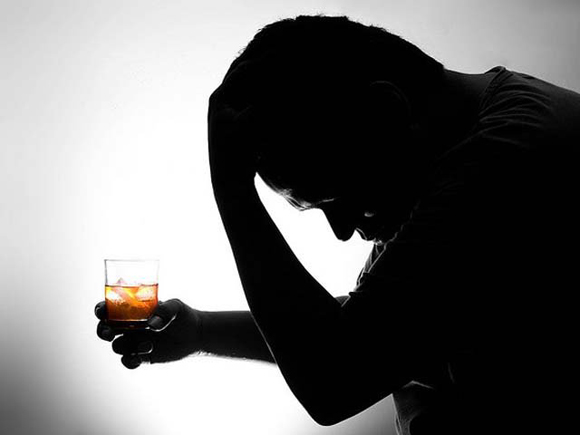
He cried on his knees in front of his daughter and searched for help. Years later he met his doctor at the entrance of a cinema, he greeted and told him: “Teacher, Rosita does not sleep with her shoes on anymore.”
Another addict was used to sell all the objects with value at home; when there was nothing else left, he run to the bed of his asthmatic daughter who had an anti-allergic bedspread on, sent by some relatives abroad, and all of a sudden, the girl claimed: “ Oh dear daddy, my bedspread no, please!”. Her father immediately reacted and realized was sick, swore not to drink anymore and asked for health assistance.
A group of professionals from Rogelio Paredes ward at the Psychiatry Hospital in Havana frequently hear these kinds of confessions in the therapy sessions with addicts that had realized they are sick and ask for social rehab.
The drug does not kill me
These stories are like that of a 29 years old young man who had been hospitalized several times for his relapses. “I started consuming marihuana when I was 12 in Los Sitios locality, Centro Havana municipality after my mother died. My father discovered me and I swore him I would quit it, but when I was 17 he also died and I did not keep my promise.
“I was alone. Someone prepared me a business to ´start a game´(sell drugs); three or four months later I was consuming it. I started with marihuana, then was crack or the stone (mixture of cocaine with sodium bicarbonate), which caused a sublime pleasure that lasts very few time.
“I sometimes sold all the furniture and values I had bought from rehab to rehab for my home. I stopped for a period until I turned my home into a house of consumption. Artificial pleasure makes you do unimaginable things. In times of crisis I had nothing to wear; without taking a bath or eating. When you feel like consuming, you get defenseless without tools to fight it; you get weak and confused.”
“I was lucky that my aunt found a doctor from mental health and she assisted me. I not only lost the material things but also my family, my wife, my friends. The worst of all this is the loss of your own and the people’s trust. I am in doubt if they will never trust me again.”
There is something similar in the case of patient Jose Luis Borroso (58). He started consuming a mixture of alcohol and condensed milk when he was 18. While time passed by, it turned into addiction. “I believed I was a social drinker, but I started with a line and finished with a bottle, and sometimes it was not enough.”
“I talked very much and mistreated women. I lost appetite, suffered insomnia, felt nauseous, hallucinations. I did not care for my personal hygiene, my home and social duties. I had problems with my skin, kidneys and liver. I did not make good use of the opportunities I had in this hospital where I used to work and I hope I will again sometime.
“Once I told Dr. Ricardo Gonzalez , the professor who works here I was rude and he told me I was not rude but sick.
“Alcohol is a magnet that calls me. I live alone; a man always needs a woman. I am convinced I will rehab. I registered in the self help groups in the community. Consciousness and braveness are the two things I had acquired in this treatment.”
Eduardo Hernandez (45) was trapped by addiction when he was 13. He had no distinction between pills, marihuana and alcohol and devoted himself to artificial pleasures that led him to commit crime. He is now, another patient in this ward, but he is convinced he will rehab, “because I do not want to die now, after I had learned you can get rid of drugs.”
Rehab is possible
Dr. Zilma DiagoAlfes, specialist first degree in General Integral Medicine and in Psychiatry explained to Trabajadores Newspaper that addictions or drug addictions are a non transmissible chronic disease which is incurable but patients with treatments can rehab and be long periods with abstinence.
